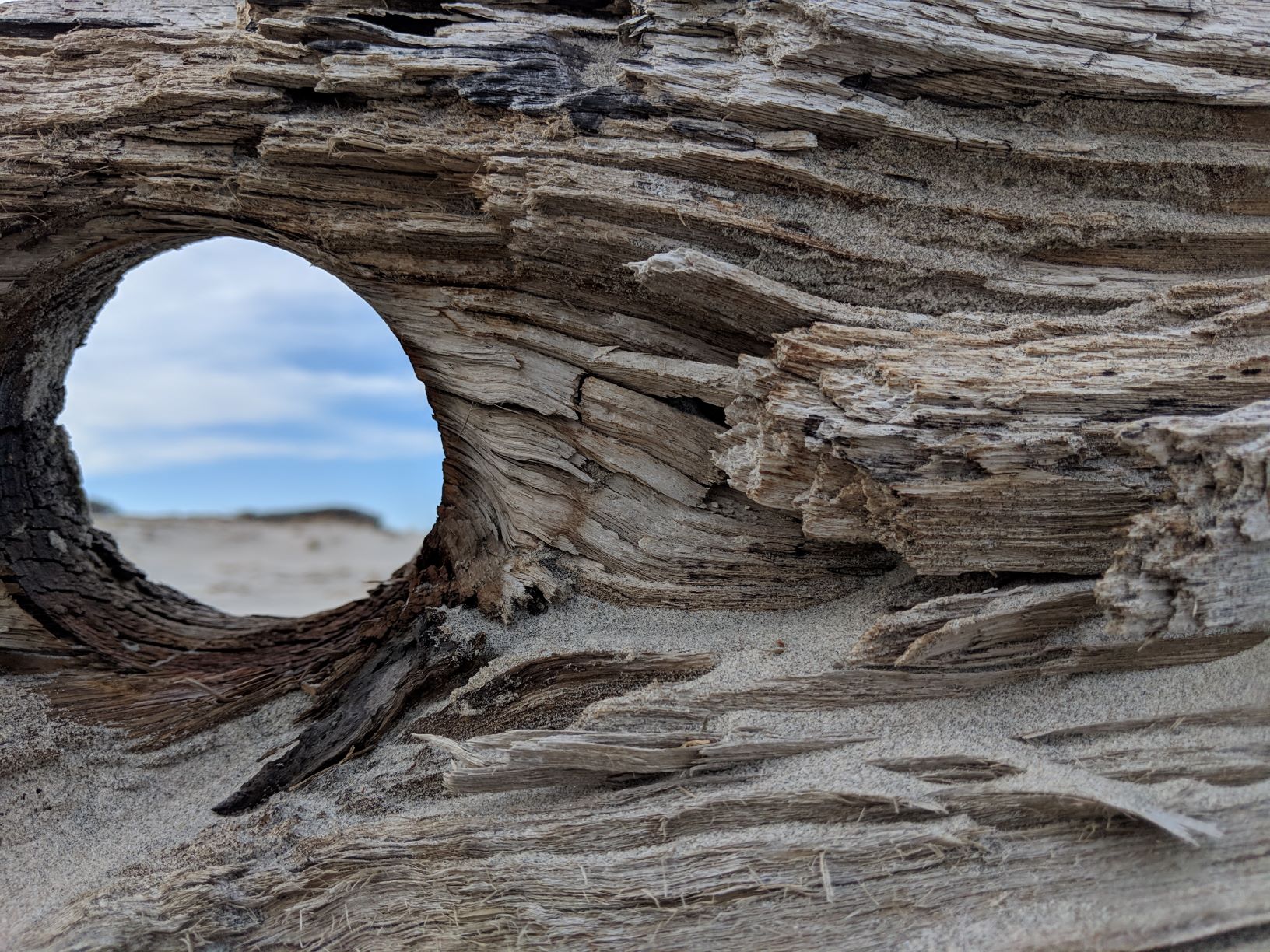
Particles are the “here” of the herenow. (Waves are the “now” but that’s for another day.) We know particles through touch–there is no other way. (We can see the effects of particles, of course, but we need waves to do that).
We think we know what it means to touch–our skin makes contact with a large collection of particles (the pen in your hand, say). I am, it seems, stating the obvious.
Still, touch extends beyond the skin.

When you smell the rank aroma of the mud at low tide, pieces from the mud kiss receptors in your nose. It’s physical, it’s intimate, it’s touch.
The particles trigger nerve impulses that run directly from your nose through the cribriform plate in your sphenoid bone, straight to your amygdala, the seat of your deepest, rawest fears and desires.

I cannot get enough of it. Not everyone reacts the same way. But pretty much everyone reacts.
Not every particle that triggers your sense of smell gets registered by your conscious self. You cannot “smell” pheromones, but your body may plunge into love just the same. We are animals who followed the four Fs well enough for us to be here now: feeding, fighting, fleeing, or fucking.

We glamorize the first, pay good money to see athletes fighting and fleeing, and relegate the last to our private spaces.
Parfumiers once used ambergris as the base of their finest perfumes, whale shit made of bile triggered by the sharp beak of a swallowed squid. The aroma keeps a hint of the fecal, of the sea, and of unconscious desires.
(How do I know this? I found a good hunk of one years ago, and kept it around. I must have smelled it a thousand times, and will keep doing so untl I can no longer smell. My kids can keep it, sell it, or toss it back into the Delaware Bay.)

We taste through particles the same way–tiny pieces of food (or other matter) snuggling into tiny spaces with similar shapes, like kindergartners fitting triangles and squares into shape sorting cubes, an intimate touching of tongue to organic matter, sorting that which sustains us from that which kills.
If a particle is too large to fit into a receptor, we cannot taste it. Cotton is a sugar, but chewing on my sweater does not eleicit the sweetness of smaller sugars.
We know particles by touch, by smell, by taste, the only way we tangibly sense evidence of the universe beyond ourselves.
I trust my tongue more than I trust my eyes.






